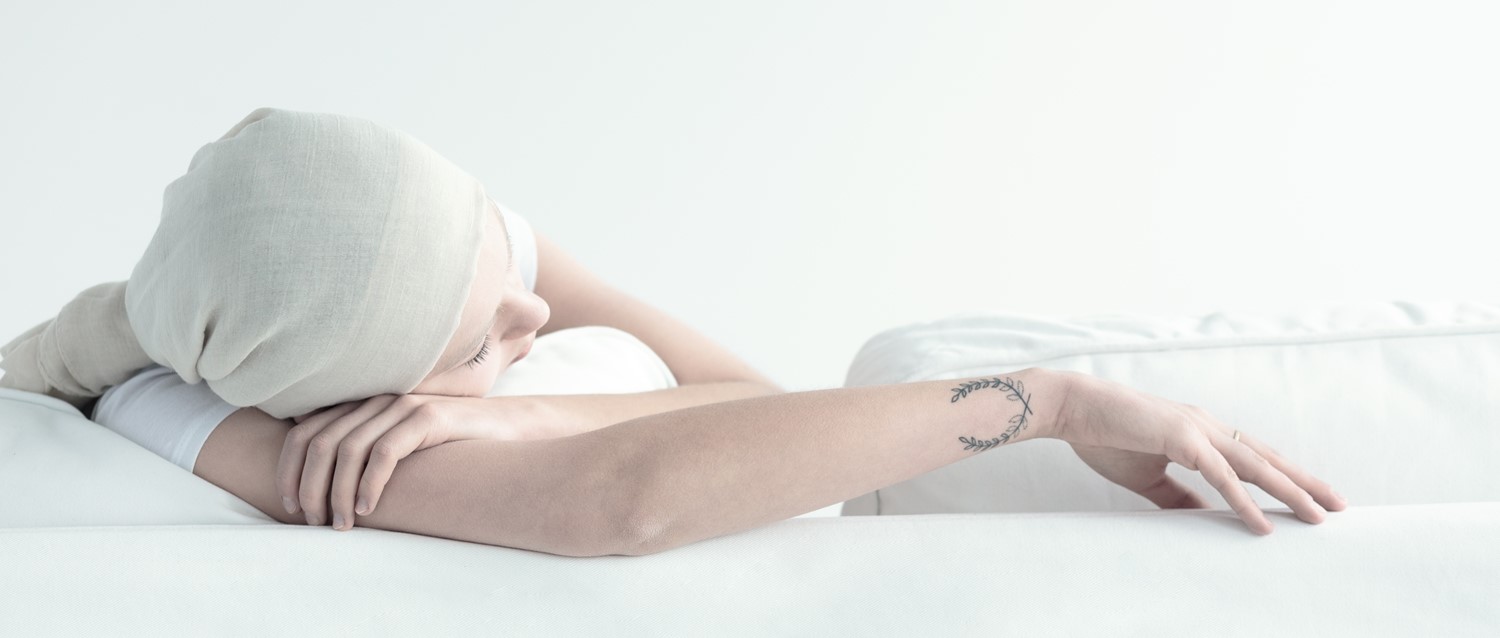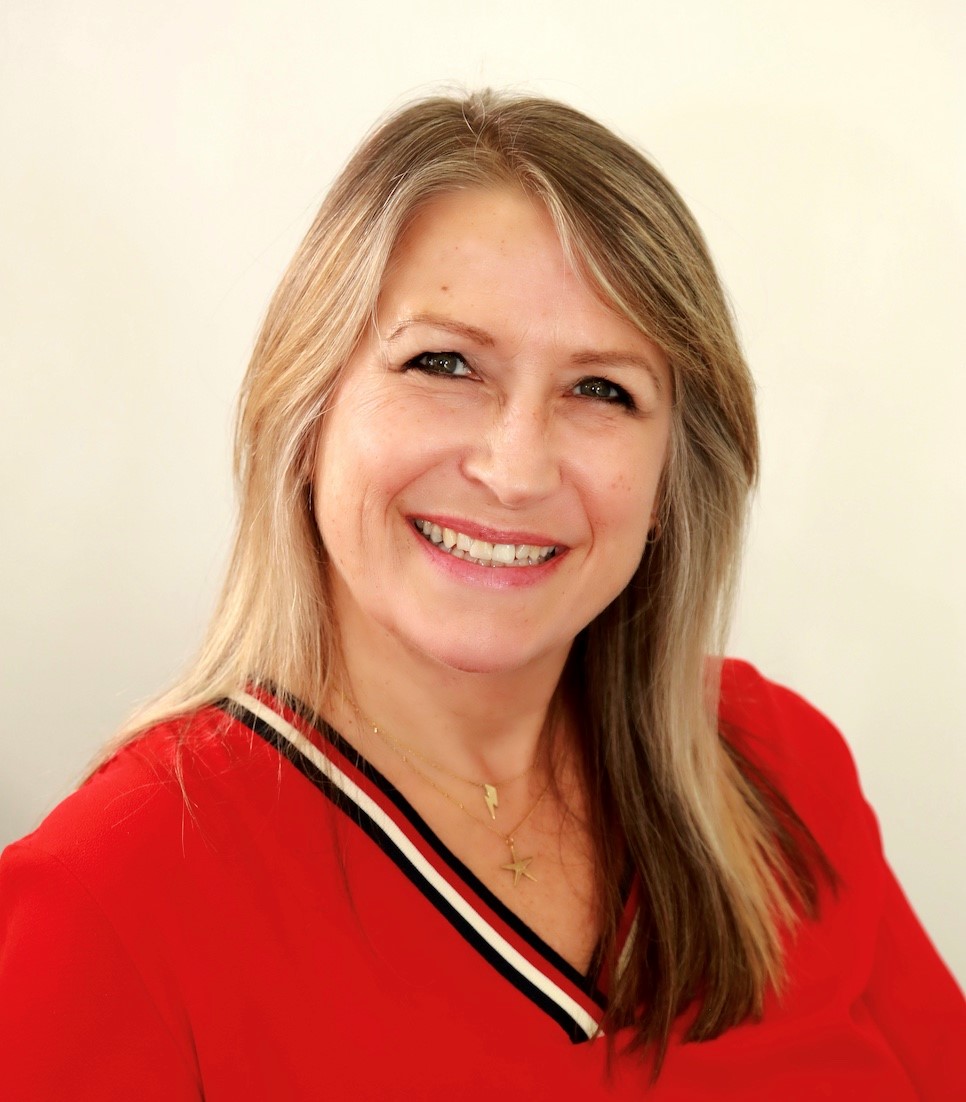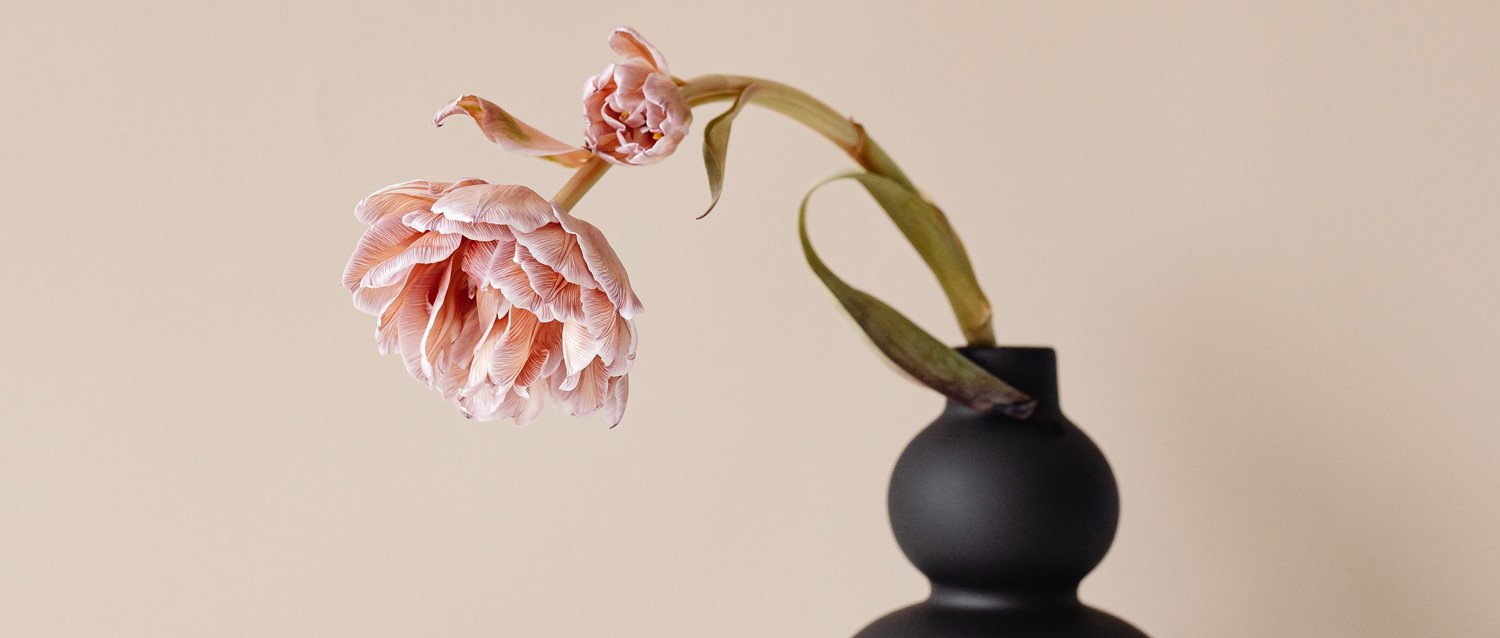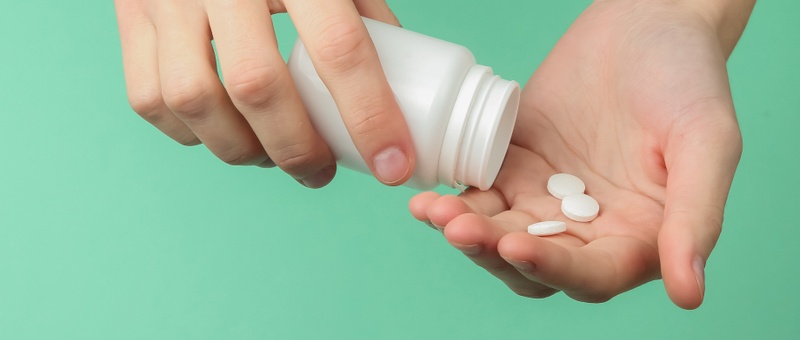
What it's like to live with cancer fatigue
Peer reviewed by Dr Krishna Vakharia, MRCGPAuthored by Amberley DavisOriginally published 15 Nov 2022
Meets Patient’s editorial guidelines
- DownloadDownload
- Share
- Language
- Discussion
Cancer fatigue is a common and debilitating symptom of cancer and cancer treatment. Each person's experience of cancer fatigue is unique, but hearing each other's stories can be valuable and comforting.
In this article:
Video picks for Information about cancer
What is cancer fatigue?
"My cancer fatigue is like nothing I have every experienced - no amount of sleep seems to help," says Fiona Macrae, a model for Beauty Despite Cancer skincare.
Many of us understand fatigue as a short-term physical concern that's resolved with relaxation or a good night's sleep. For people like Fiona and others, who are living with cancer, the term takes on a whole new meaning.
To experience cancer fatigue is like a persistent and unshakeable feeling of exhaustion that can have a profound physical, mental, and emotional impact in a person's life.
What does cancer fatigue feel like?
Back to contentsWhile experts recognise the common symptoms and psychological impacts of cancer fatigue, it can affect people in different ways and everyone's experience is unique. Sharing and hearing each other's stories can help people going through similar challenges understand that they're not alone.
Fiona Macrae shares her own experience with cancer fatigue

Fiona's story
Q. Can you describe your experience of cancer fatigue?
"The best way I can describe it is like wading through treacle - everything you do takes an enormous amount of effort."
Q. Was there a difference between the fatigue you experienced from cancer itself and from the treatment?
"The cancer itself didn't seem to cause fatigue, or nothing noticeable. I have incurable breast cancer, so I am now on treatment for life. One of these treatments is immunotherapy, which I take for three weeks and then have a week off - this cycle is ongoing for as long as that treatment is working for me."
One of the side effects of immunotherapy is fatigue. For Fiona, this is most ferocious during her last week of treatment and during her week off.
Q. How does this affect your quality of life?
"The fatigue that I get from the immunotherapy is like nothing I have every experienced - no amount of sleep seems to help and going to bed and trying to sleep doesn't help either. My body feels so tired, but my mind isn't."
"I more or less need to fit my life into the two weeks a month where my energy levels are up and accept that for the other two weeks, I have to manage what I do very carefully.
"Overdoing it when my body is already fatigued has in the past left me seriously run down, which leaves me more open to infections."
Continue reading below
Different stories, shared challenges
Back to contentsOther people managing cancer fatigue will each have a different story. For some, the disease itself is their biggest source of fatigue, rather than a side effect of treatment. The length of these intense periods of tiredness and low energy also varies greatly - it may last for weeks, months or years1.
No matter the differences, this complication of cancer is intense and significantly disrupts the lives of those living with it. Charities like Maggie's have support networks to bring people with cancer together, where they can share advice and real-life coping techniques.
Coping with cancer fatigue
Back to contentsFiona's advice for people coping with cancer fatigue is to listen to your body and to not feel guilty when you need to rest. "If you need an afternoon in bed watching reality TV - do it."
For those who, like her, experience cancer fatigue in peaks and dips during a treatment cycle, she recommends planning around this: "I recommend going out and having treats during your good weeks, and more home time and friends coming to see you in your not-so-good weeks."
Jennifer Young is an expert in specialist skincare for those living with and beyond cancer. She has seen many people struggling with extreme tiredness following a cancer diagnosis:
"Cancer itself can cause fatigue, cancer treatments can be extremely draining, and the stress of having a diagnosis along with everything this leads you to contemplate can also cause tiredness and low moods."
She has also seen the positive impact that holistic therapies can have on improving fatigue: "Massage has been shown to reduce fatigue in the short term as well as improve sleep quality, while essential oils like lavender and lemon can help uplift energy."
There are several other coping techniques that could help make your life that little bit easier - the first step is to speak up if you're struggling. Both experts and people living with cancer fatigue can provide support.
Continue reading below
Further reading
Back to contentsPatient picks for Information about cancer

Cancer
Less survivable cancers are more likely to have late diagnoses
The six less survivable cancers make up around half of all cancer deaths in the UK. However, these cancers are far more likely not to be diagnosed until they have reached later stages. Survival rates could significantly improve if there is more public awareness of symptoms and better diagnostic tools for GPs.
by Amberley Davis

Cancer
Ivermectin explained: facts, evidence and common myths
Ivermectin is a medicine with a long and respected history. It has been used for decades to treat specific parasitic infections and, when prescribed correctly, it remains an effective and important drug. In recent years, however, ivermectin has also become the focus of widespread online claims suggesting it can treat viral infections, cure cancer, or prevent and treat COVID-19. These claims are often shared confidently and repeatedly. Some are supported by personal testimonies, others by references to scientific studies that appear convincing at first glance. But when the evidence is examined properly, those claims do not stand up. Understanding why requires stepping back from headlines and looking carefully at how ivermectin works and how medical evidence is established.
by Thomas Andrew Porteus, MBCS
Continue reading below
Article history
The information on this page is peer reviewed by qualified clinicians.
15 Nov 2022 | Originally published
Authored by:
Amberley DavisPeer reviewed by
Dr Krishna Vakharia, MRCGP

Ask, share, connect.
Browse discussions, ask questions, and share experiences across hundreds of health topics.

Feeling unwell?
Assess your symptoms online for free
Sign up to the Patient newsletter
Your weekly dose of clear, trustworthy health advice - written to help you feel informed, confident and in control.
By subscribing you accept our Privacy Policy. You can unsubscribe at any time. We never sell your data.